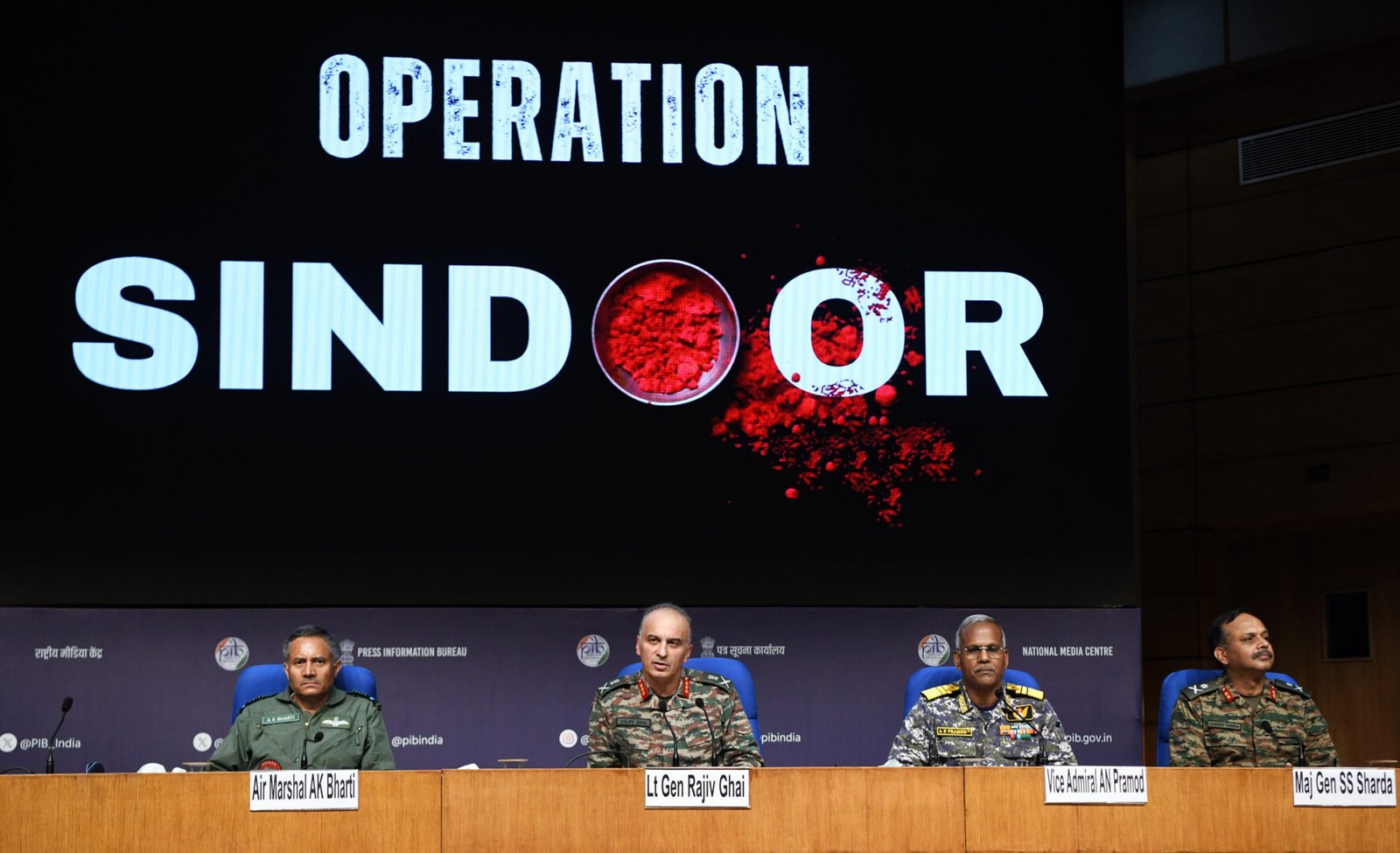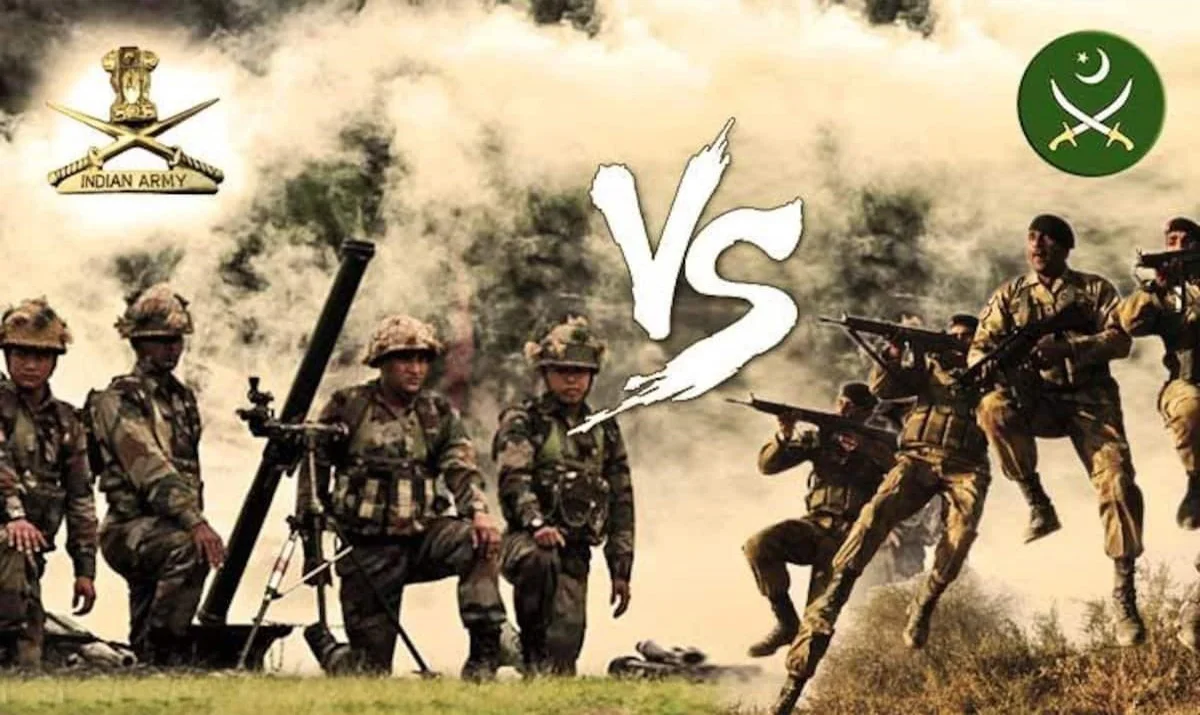NEW DELHI, INDIA — Senior military officials from India and Pakistan are scheduled to convene on Monday to discuss the specifics of the ceasefire agreement reached between the two nations over the preceding weekend.
The ceasefire, reportedly brokered by the United States, appears to have held overnight between the nuclear-armed neighbors following nearly four days of intense shelling and aerial incursions from both sides.
On Saturday, President Donald Trump announced the cessation of hostilities between India and Pakistan, stating “it was time to stop the current aggression that could have led to the death and destruction of so many, and so much.”
Since then, both countries have ceased active conflict, though each has stated they remain vigilant and cautioned the other against any breach of the agreed truce.
On Monday, India announced the reopening of 32 airports for civilian use, reversing an earlier decision to keep them closed until Thursday due to safety concerns.
The recent escalation marked the latest episode in the long-standing rivalry between the two nations, who have engaged in two wars over Kashmir, a Himalayan region both claim in its entirety but administer in part.
The preceding hostilities had raised fears of a descent into full-scale war, as neither country had shown willingness to de-escalate for several days.

Both nations have reported significant casualties on their respective sides over the four days of fighting the previous week, attributed in part to heavy shelling along the de facto border. Following the ceasefire, however, both rivals have declared a military victory.
On May 7th, India reported conducting strikes on nine targets within Pakistan and Pakistan-administered Kashmir. This action was stated as a response to a fatal militant attack in Indian-administered Kashmir on April 22nd, which resulted in the deaths of 26 people in the Pahalgam valley.
India attributed the attack to a Pakistan-based group, a claim Islamabad denies.
In the days following India’s initial strike, both countries exchanged accusations of cross-border shelling and claimed to have downed each other’s drones and aircraft within their respective airspaces. As the conflict intensified, both nations asserted they had targeted the other’s military installations.
Indian officials reported striking 11 Pakistan Air Force bases, including one near Islamabad in Rawalpindi. India also claimed that Pakistan suffered 35-40 casualties along the Line of Control (the de facto border) during the conflict and that its air force incurred some aircraft losses. Pakistan has acknowledged that some Indian projectiles landed at its air force bases.
Indian defence forces also stated they struck nine armed group training facilities in Pakistan and Pakistan-administered Kashmir, claiming to have killed over 100 militants.
The Pakistani military, in turn, alleges it targeted approximately 26 military facilities in India and that its drones flew over the Indian capital, Delhi.
India has confirmed that some Pakistani projectiles reached its air force bases but did not comment on the claim regarding Delhi.
Pakistan also claims to have shot down five Indian aircraft, including three French Rafale jets. India has neither acknowledged nor commented on this specific number, though it stated on Sunday that “losses are a part of combat.”
Pakistan has denied claims that an Indian pilot was in its custody after ejecting from a crashed aircraft. India has also stated that “all our pilots are back home.”

